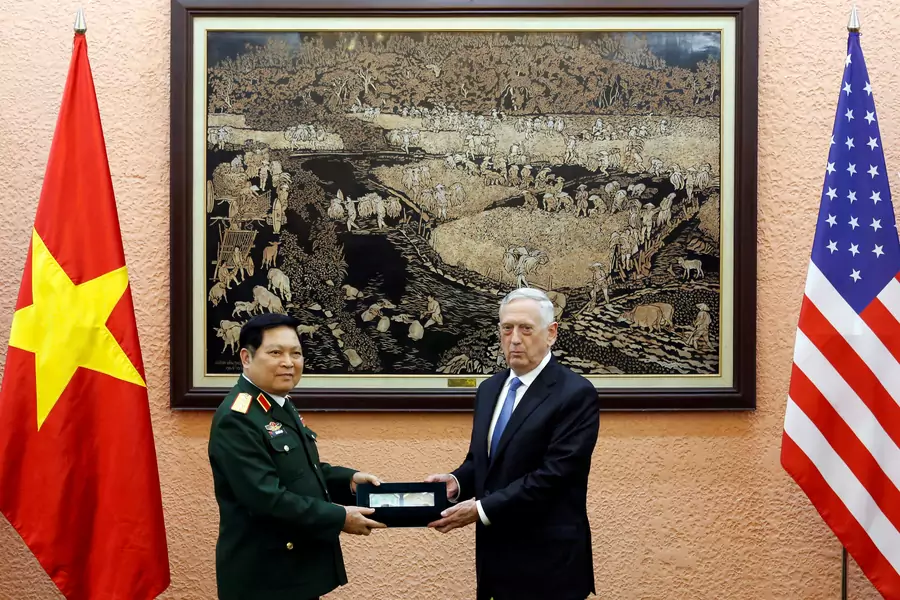The Trump Administration Can Make the Free and Open Indo-Pacific Idea Work in Southeast Asia—With Vietnam as a Model

More on:
For many Southeast Asian states, the Trump White House’s new strategy for the region, the Free and Open Indo-Pacific concept, is a hard idea to sell—at least right now. The strategy vows to promote a rules-based security and economic order in Asia, while also encouraging closer cooperation among regional U.S. partners. But the concept has been questioned by even close U.S. partners like Singapore, which has not yet expressed clear support for the idea. Many Southeast Asian states fear looking like they are building a coalition against China. But others simply appear unready to sign up for an idea at a time when the White House has sent multiple worrying signals to Southeast Asia. The White House’s trade strategy, for instance, has at times targeted Southeast Asian states. In democracies like Indonesia and Malaysia, U.S. indifference to human rights alienates some local leaders. Overall, the administration’s erratic approach to policymaking has undermined Southeast Asians’ confidence in the United States’ president. Due to the White House’s nationalist tone and inconsistent approach to Southeast Asia, some Southeast Asian states have begun to accept China’s growing regional power. Still, some Southeast Asian states fear aspects of China’s Belt and Road Initiative (BRI), worry about Beijing’s approach to the South China Sea, and resent Chinese influence in their domestic politics. Many Southeast Asian states remain uneasy with the idea of China becoming the region’s preeminent power.
For the Trump administration to restore Southeast Asian states’ trust in the United States as an indispensable external actor, and to convince them to sign onto the Free and Open Indo-Pacific idea, it needs to show that tough policies are not just designed to favor the United States but also can benefit Southeast Asia. It can do so in Vietnam. For more on how it can do so, see my new Diplomat article, from which this blog is adapted.
More on:
 Online Store
Online Store